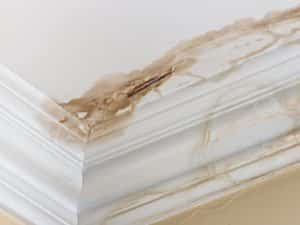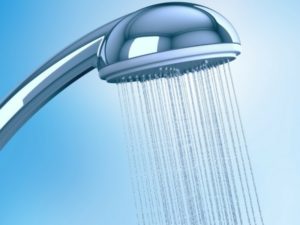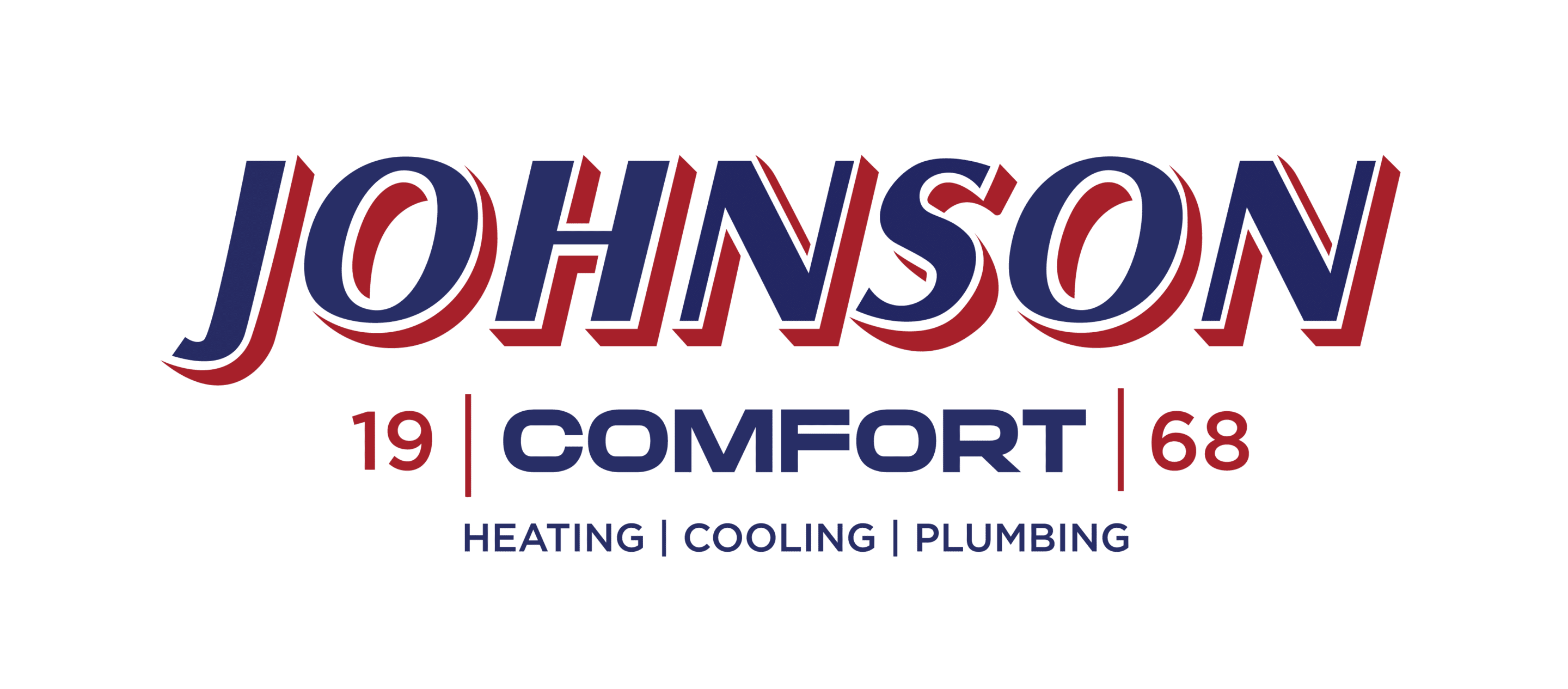A Dependable Water Leak Detection Guide
If you have a leak in your home, your initial reaction might be just to ignore it. For a lot of homeowners, the sound of a leak is often regarded as a bigger threat than a little bit of water leaking away.
Unfortunately, this response may be inviting more problems into your home. We’re here to explain why that’s the case and, more importantly, what you should do about it.
It’s a Sign
In a lot of instances, that small leak is the first warning that people get that a problem is brewing somewhere in the plumbing.
It’s a small issue now, but if it is left unchecked, it will continue to grow and eventually do actual damage to your home.
It will require a significant amount of expertise, time and money to restore order. A broken sewage pipe, for example, is not something you want to play host to.
Beyond the problems that you’ll face down the road, there’s an immediate expense you pay for right now if you have a leak.
Depending on how serious a leak is, a typical home may lose between 2,000 to 20,000 gallons of water every year to a leak.
And that lost water is something you still pay for when the bill arrives.
Time to Track It Down
If you’ve decided it’s time to deal with a leak, you should get a fix on its exact location and its seriousness. This is easy if you can see a leak on a faucet.
That type of leak may be fixed with a simple application of a wrench.
But when the leak is on a toilet, a water heater, or the sewage pipe carrying away your waste, hunting it down takes more effort.
For more serious leaks, water damage may also be your clue, especially if it’s a leak in a pipe that runs throughout your home.
Both sewage pipes and water pipes that carry water to taps may be in ceilings or walls for split-level homes.
Water stains and water damage may be your clues as to where a leak is.
Preventing the Problem
If you want to take steps to prevent large, expensive repairs like broken pipes, then inspection is one of the best tools you have to head these issues off at the pass.
Make it an occasional habit to check out any pipes you have access to, see if leaks are dripping 
You can also help your pipes to enjoy longer, healthier lives with some possible new practices.
“Hard water,” water that has a higher mineral count, can erode or corrode pipes faster than soft water, for example.
And if you prefer high water pressure, that puts a constant strain on your pipes that can weaken them compared to a lower water pressure.



